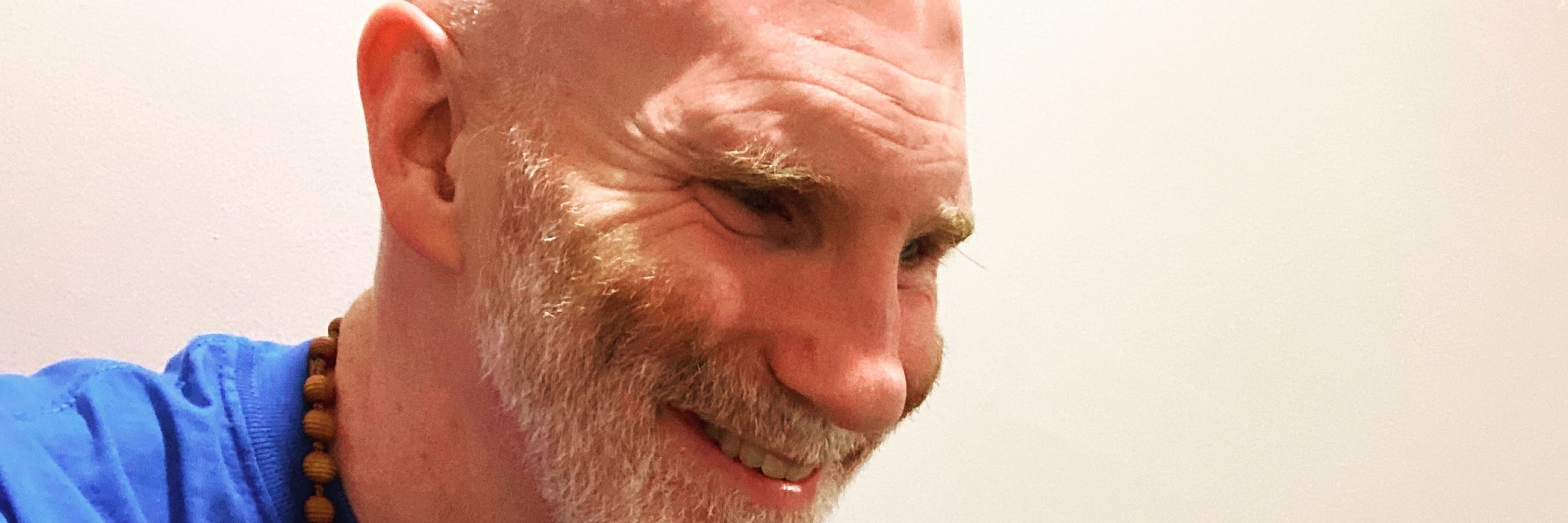Dr. Glenn Patrick Doyle
@drdoylesays.bsky.social
9.7K followers
52 following
4.7K posts
Psychologist; SEEK Safely board president; marathoner. Realistic, sustainable trauma & addiction recovery.
One day at a time.
Posts
Media
Videos
Starter Packs







